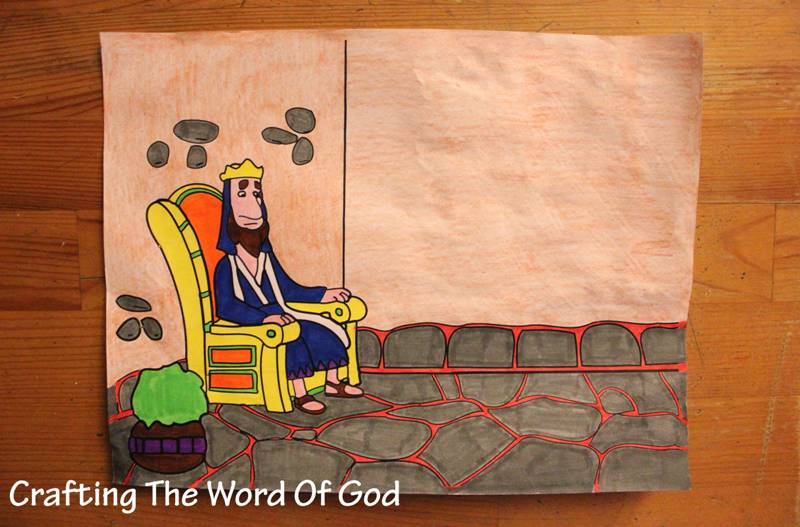Have you ever come across a mysterious inscription on a wall in the Bible and wondered about its significance? In this blog post, we will delve into the intriguing story behind these words etched on a wall in the Bible and uncover the powerful message they hold for us today.
The Word on a Wall in the Bible may seem like a cryptic message at first glance, but as we explore its context and meaning, we will discover the profound impact it can have on our lives. Join us on this journey of exploration and reflection as we unravel the timeless truths hidden within these ancient writings and find inspiration to live with purpose and faith.
The Significance of Inscriptions: Decoding the Word on a Wall in the Bible
In the Bible, the phrase “Word on the Wall” refers to a pivotal moment in the Book of Daniel, specifically in the story of Belshazzar’s feast. The incident occurs in the fifth chapter of the Book of Daniel and serves as a powerful example of divine judgment and the consequences of pride and arrogance.
The story takes place in ancient Babylon, where King Belshazzar hosts a great feast for a thousand of his nobles. During the feast, he orders the gold and silver vessels that had been taken from the temple in Jerusalem to be brought out so that he and his guests can drink from them. This act of sacrilege angers God, who then sends a mysterious message to the king by writing words on the wall of the royal palace.
The writing on the wall is described as a hand that appears and writes four Aramaic words: “Mene, Mene, Tekel, Upharsin.” Belshazzar is troubled and terrified by this supernatural occurrence, as he does not understand the meaning of the words. He calls for his wise men and astrologers to interpret the writing but none of them can decipher it.
At the suggestion of the queen mother, Daniel is summoned to interpret the message. Daniel explains that the words mean: “God has numbered the days of your reign and brought it to an end. You have been weighed on the scales and found wanting. Your kingdom is divided and given to the Medes and Persians.”
That very night, Belshazzar is killed, and the Babylonian kingdom falls to the Medes and Persians, fulfilling the prophecy written on the wall. The story of the “Word on the Wall” serves as a powerful reminder of the consequences of pride, arrogance, and disrespect towards God, emphasizing the importance of humility and obedience in the face of divine judgment.
Where in the Bible does it say the writing on the wall?
The phrase “the writing on the wall” refers to a famous event described in the Bible in the Book of Daniel, specifically in Daniel 5:5-31. In this passage, King Belshazzar of Babylon sees a mysterious hand writing on the wall during a feast. The writing is interpreted by the prophet Daniel as a message from God foretelling the fall of the king’s kingdom. This event is known as the “Handwriting on the Wall” or “The Writing on the Wall” incident.
What was the biblical writing on the wall?
The biblical writing on the wall refers to an event recorded in the Book of Daniel in the Bible. During a banquet hosted by King Belshazzar of Babylon, a mysterious hand appeared and wrote Mene, Mene, Tekel, Upharsin on the wall. Daniel was called to interpret the writing, which he explained as a message from God foretelling the fall of the Babylonian kingdom. This event is known as the “Handwriting on the Wall” and has become a popular idiom to signify a warning or premonition of impending doom.
What does the writing on the wall in the book of Daniel mean?
In the book of Daniel, the writing on the wall is a mysterious message that appeared during Belshazzar’s feast. The handwriting was interpreted by Daniel as a warning from God that the Babylonian kingdom would soon be overthrown. The words written were “Mene, Mene, Tekel, Upharsin,” which were interpreted as follows:
- Mene: God has numbered the days of your reign and brought it to an end.
- Tekel: You have been weighed on the scales and found wanting.
- Upharsin: Your kingdom is divided and given to the Medes and Persians.
This message ultimately came true, as the Babylonian kingdom fell that very night, with King Belshazzar being killed and the kingdom being taken over by the Medes and Persians. It serves as a powerful reminder of God’s sovereignty and judgment.

